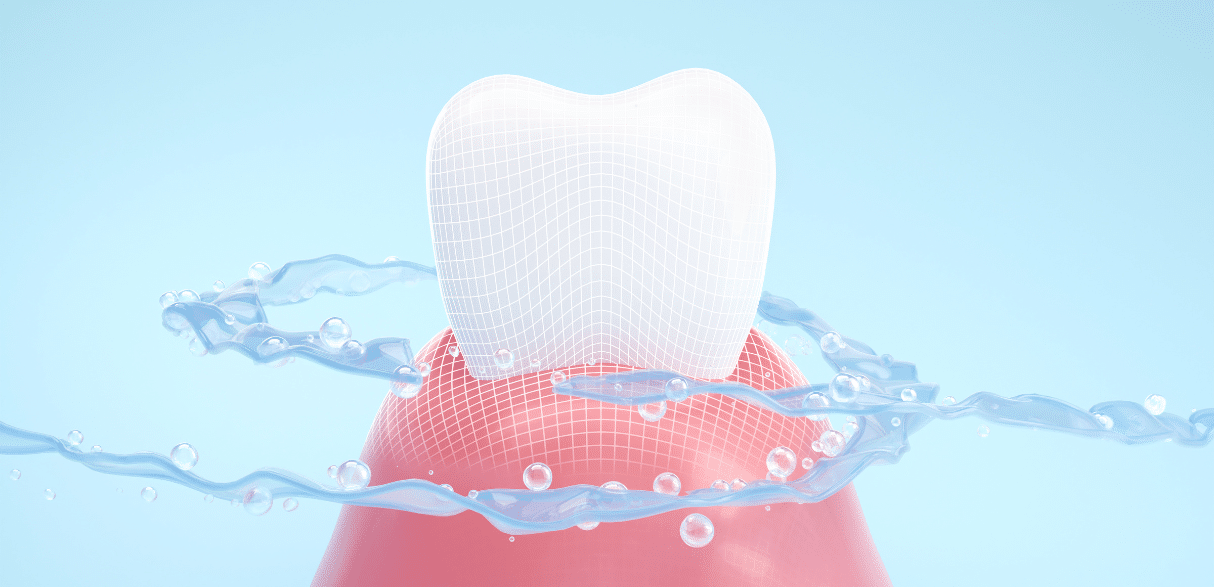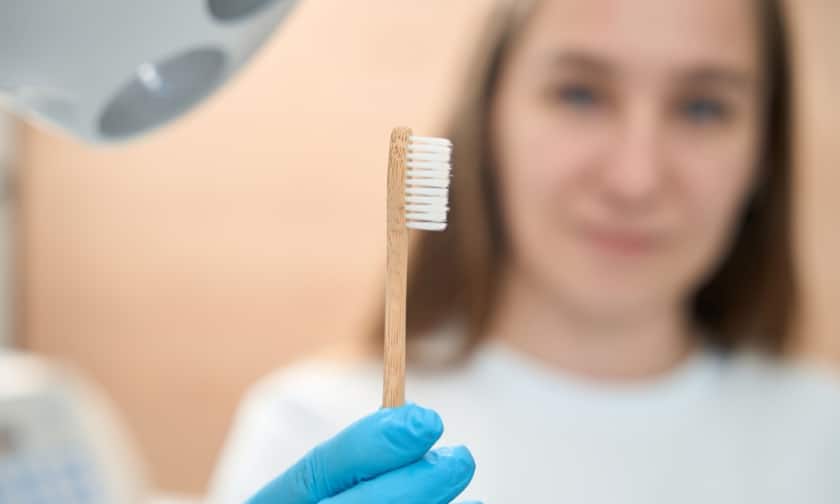Can Dental Cleanings Whiten Your Teeth? Here’s What to Expect

When achieving a brighter, healthier smile, many wonder if dental cleanings can help whiten teeth. While professional cleanings are essential for maintaining optimal oral health, they also play a role in improving the appearance of your teeth.
However, it’s necessary to understand what dental cleanings can and cannot do regarding whitening.
Let’s dive into how dental cleanings work and whether they can make your teeth whiter.
What Are Dental Cleanings?
Dental cleanings are routine procedures dentists perform to remove plaque and tartar buildup from your teeth. During a cleaning, your dentist will use special tools to clean areas that your regular brushing and flossing may have missed. The goal is to remove harmful plaque, tartar, and bacteria that can lead to gum disease, cavities, and bad breath.
The cleaning process involves scaling to remove plaque and tartar, polishing to remove surface stains, and flossing to ensure that your teeth and gums are healthy.
Can Dental Cleanings Whiten Teeth?
While dental cleanings help improve the overall appearance of your teeth, they do not provide dramatic whitening. Dental cleanings mainly address the surface stains caused by coffee, tea, or tobacco. These stains, known as extrinsic stains, can often be removed during cleaning, giving your teeth a brighter, cleaner appearance.
However, cleaning may not be enough if you’re looking for a more noticeable change in the color of your teeth. Professional whitening treatments may be necessary for more profound, intrinsic stains (those within the tooth). A dental cleaning will not change the natural color of your teeth or whiten them beyond what is achievable through surface stain removal.
The Benefits of Professional Dental Cleanings
Even though dental cleanings might not provide significant whitening, they offer many other benefits that improve oral health. Regular dental cleanings are essential for the following:
- Preventing Gum Disease: Cleanings help remove plaque, which leads to gingivitis and more severe gum disease.
- Removing Plaque and Tartar: Plaque turns into tartar, which can only be removed by a professional. This helps prevent cavities.
- Improving Freshness: By removing bacteria and food particles, cleanings help freshen your breath and reduce foul odors.
- Reducing Tooth Sensitivity: Professional cleanings help remove irritants contributing to sensitive teeth.
Teeth Whitening vs. Professional Dental Cleanings
While dental cleanings remove surface stains, teeth whitening treatments are specifically designed to alter the color of your teeth. Teeth whitening procedures, such as in-office whitening or at-home whitening trays, use special bleaching agents to break down stains and lighten the natural color of your teeth.
In-office whitening treatments performed by a dentist offer quicker and more noticeable results. These treatments typically involve the application of a whitening gel, sometimes activated by a special light, to lighten the teeth in a single session. At-home whitening treatments are more gradual but can still deliver great results with consistent use.
If you are looking for a significant improvement in the whiteness of your teeth, a teeth whitening treatment might be the better option for you. Ensure to consult your dentist to understand the best choice for your needs.
How Often Should You Get Dental Cleanings?
Most people should visit the dentist for a professional cleaning every six months. However, if you have specific oral health issues, such as gum disease or heavy plaque buildup, you may need to schedule cleanings more frequently. Regular dental cleanings improve the appearance of your teeth and contribute to your overall oral health by preventing future problems.
Dental Cleanings Enhance Your Smile, But Whitening May Require More
Dental cleanings play a key role in maintaining a healthy smile and can help remove surface stains, improving the overall appearance of your teeth. While they might not provide significant whitening, they are essential for preventing oral health issues and keeping your teeth looking fresh and clean. Professional whitening treatment may be the right option if you want whiter teeth beyond what a cleaning can provide. Talk to your dentist about the best approach to achieve your ideal smile.





